Rajiv Pant, a 55-year-old bursar of a reputed school in central Delhi, has been coming to his school from Ghaziabad by his car for the last 15 years. His case is a great example of the advantage and disadvantage a common man has faced due to the odd-even number formula over the fortnight.
“The policy is good. After all, someone has to rein in the pollution menace. But it needs to be seen whether it’s practical and viable in its present form or not. Personally, I found no change in traffic congestion during the peak hours (9 to 10.30 am and 6.30 to 8.00 pm) while driving on Nizamuddin-Ghazipur-Anand Vihar route. There’s some relief during the off-peak hours,” Pant told Firstpost.
The common man comprising office-goers, teachers, small traders, bank employees, senior citizens, etc feel that lack of a proper and effective public transport system made commutation difficult during the experiment phase.
“There are a large numbers of senior teachers, some of them physically weak, who travel by car to reach school early morning on time. But this odd-even formula caused immense problems for them. Barring auto-rickshaw, which is very difficult to find in our school area during odd hours, there’s no public transport system to reach to the nearest Metro station-– 4 km from our school. This is about the entire Delhi. Like me, there are many school employees, whose time don’t match with the timings of the school bus service. We use cars due to compulsion, not by choice. Is there any way out?” questioned Pant.
Many find the 15-day experiment to be a compromise.
“People compromised and just managed it for 15 days. Till 5 January, there was low traffic on roads due to a holiday and the weekend; but after that, during peak hours, there was no visible change on traffic jam. It was as it was in the past. The Delhi government suggested people to use metro services, but has it taken a note how over-crowded these trains were? People had to skip three to four trains during the peak hours. It’s immensely difficult to go to Gurgaon from Rohini or Dwarka due to poor connectivity, and that’s why people use cars,” said Patel Nagar-based Gurinder Singh, a CA intern.
Besides, car pooling, people managed to commute by exchanging cars with others.
“To make the odd-even formula a success, the government has to first improve the existing system, get rid of the bottlenecks or else it’s not a viable long-term option. Some of the major points of traffic congestion like at Naraina, Shankar Road, Connaught Place, etc remained the same even during the fortnight. My relative exchanged his one of the two eve-numbered cars with an odd one. Thousands of people in Delhi use their own cars for convenience due to lack of proper public transport system. But, this formula is a compulsion and made movement of families and senior citizens inconvenient,” remarked chartered accountant Abhishek Aneja.
Manoj Gairola, CEO, Telecom Tiger observed, “During this fortnight people used old scooters and motor-bikes. Two-wheelers don’t have strict emission norms. These are major air pollutants, besides diesel-run public vehicles which use kerosene-mixed diesel. It causes major pollution. Before taking action against cars, these two-wheelers and vehicles should have been banned. Proper electricity supply can bring down the use of diesel-kerosene mixed gensets pumping out black smoke. But, Delhi government due to vote-bank politics can’t take action against two-wheelers; so it preferred to implement the odd-even formula, which is a populist measure.”
Despite welcoming the odd-even formula, many women commuters feel that the government should first strictly monitor public transport system.
“During the fortnight there has been an improvement in traffic movement and a perceptible change in air pollution level. But, Delhi government has to rein in the auto-rickshaws, who flatly refuse passengers despite being on-duty. It becomes difficult for us, especially in the evenings to commute. Moreover, many auto drivers refuse to go by the meter reading and charge as per their will. Even if you are ready to not use a car for commutation, do we have a parallel public transport system in place? No,” quipped Shivangi, a 32-year old bank employee.
Saket-based Manoj Lal added, “Saket is a classic example on why traffic jam takes place. On a single road you have a court, malls, a hospital and a metro station. Whether the odd-even formula is there or not, you’re bound to face severe traffic jam always. The government should first deal with such zones in Delhi through proper traffic management and building better infrastructure.”
Some suggestions from Delhi citizens on the odd-even number formula were-
-Immediate need to improve public transport system: more number of good buses, availability of auto-rickshaws, feeder bus services from metro stations, etc. -Frequency and number of trains of Metro Rail need to be increased. -Despite carrying ‘On Duty’ placard, the auto-rickshaws refuse to ply passengers. It should strictly be stopped. -Chartered buses should be introduced for Gurgaon, Noida and Greater Noida office-goers, especially where car-pooling not possible. -Transport mode for the last mile connectivity, especially in late evenings needs to be improved upon. -Building of infrastructure, improving the condition of existing roads -Old two-wheelers - a major cause of air pollution- should be banned. -Better electricity supply to reduce the use of generator sets that emits dark polluted smoke. -Stop using of adulterated diesel (mixed with kerosene)—a major source of pollution. -Irrespective of an odd/even numbered day, all cars should be allowed to move from residence to the nearest Metro station and get it parked. -The cause of traffic jams at certain zones across Delhi needs to be addressed permanently–which are due to infrastructural bottlenecks, roadside encroachments, garbage dumping, etc.


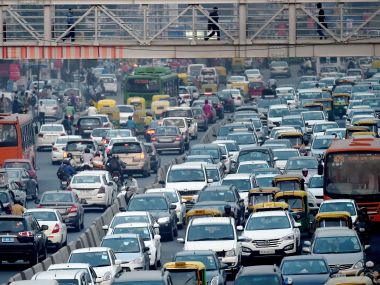)




)
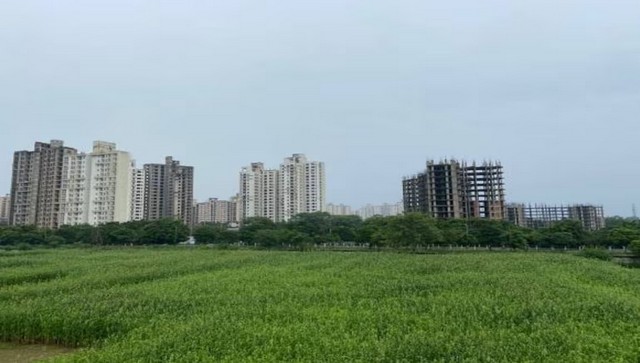)
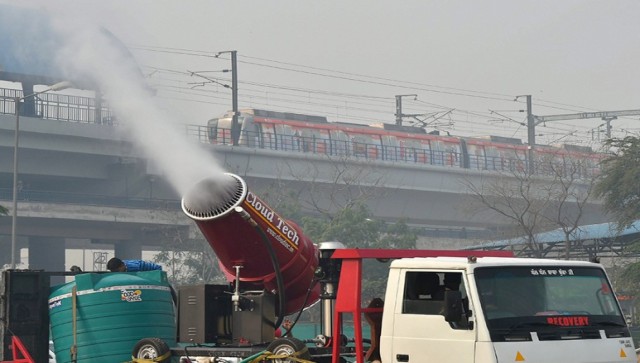)
)
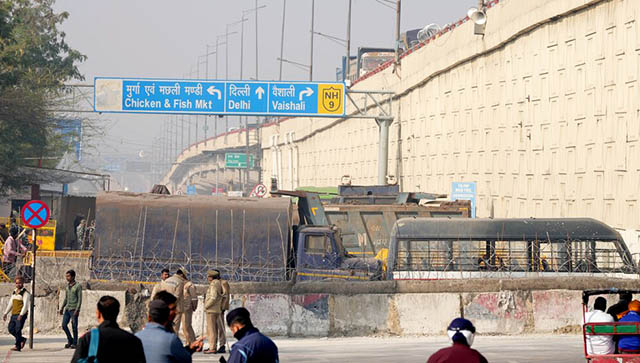)
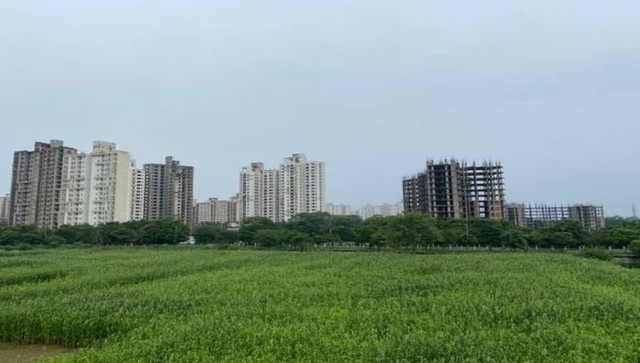)
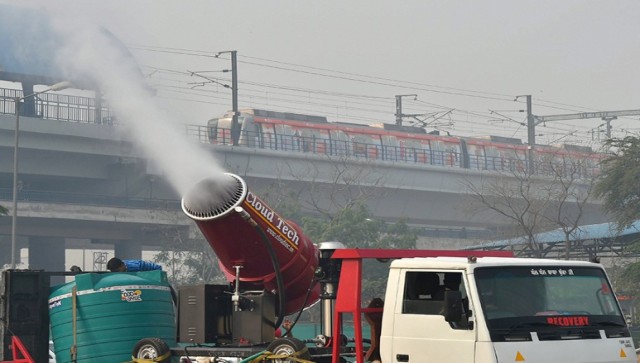)
)